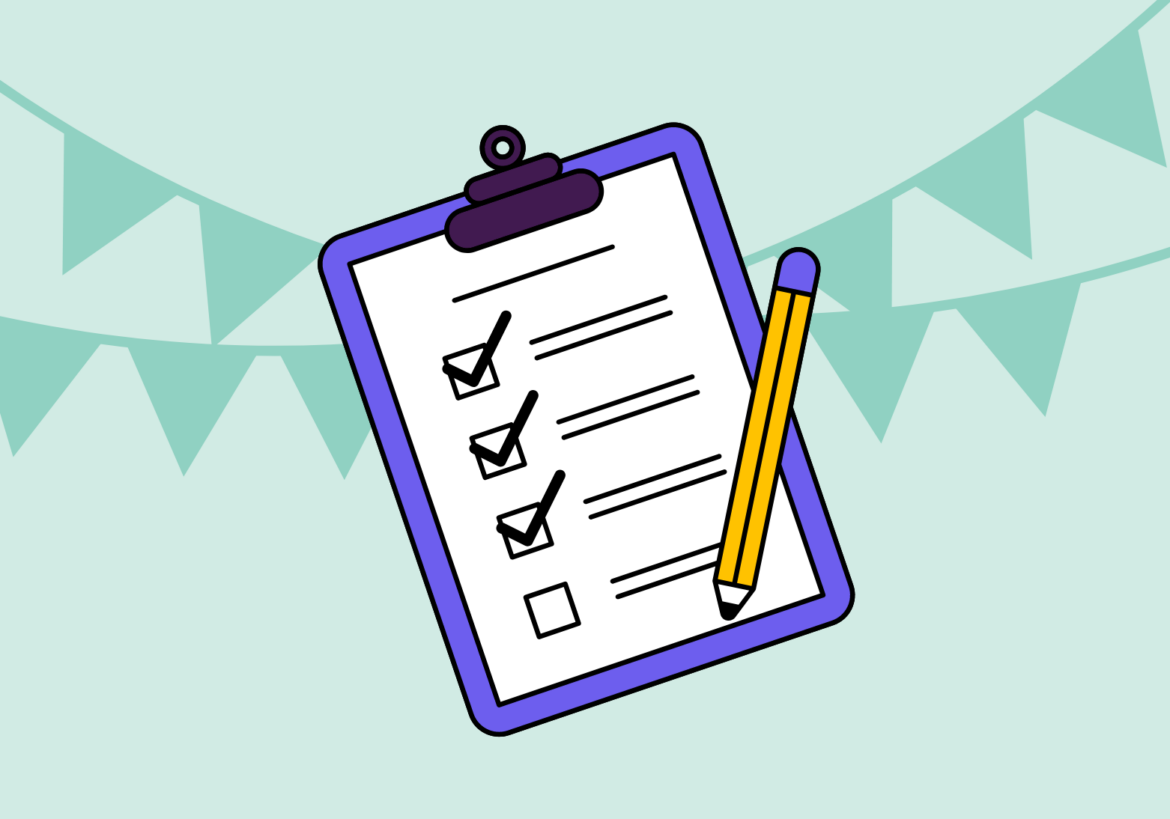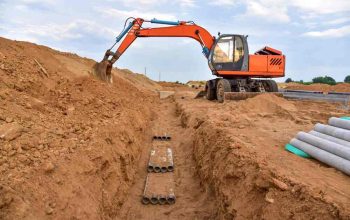Effective event planning is a multi-faceted endeavor that requires meticulous organization, creative vision, and logistical precision. Whether you’re orchestrating a high-profile corporate function, an intimate wedding, or a community gathering, mastering event excellence demands a strategic approach. This guide offers essential insights into achieving success in event planning, with particular emphasis on leveraging resources such as Lake Taneycomo fishing guides and selecting the ideal wedding venue.
Understanding the Core Principles of Event Planning
Successful event planning begins with a clear understanding of the core principles that underpin a well-executed event. These principles include defining the event’s objectives, establishing a comprehensive timeline, and managing a budget effectively. Here are the key steps to mastering these principles:
- Define Objectives and Goals: Establish what you aim to achieve with your event. Clear objectives will guide every aspect of planning, from venue selection to marketing strategies.
- Develop a Timeline: A detailed timeline ensures that all tasks are completed on schedule. It should outline key milestones, including booking vendors, sending invitations, and finalizing logistics.
- Budget Management: Create a detailed budget that accounts for all expenses, including venue fees, catering, entertainment, and decorations. Regularly review and adjust the budget as needed to stay on track.
Selecting the Ideal Venue
Choosing the right venue is crucial to the success of any event. The venue sets the tone and provides the physical space needed for your event’s activities. Factors to consider when selecting a venue include capacity, location, and amenities.
Wedding Venue: Creating the Perfect Ambiance
For weddings, the choice of venue plays a significant role in creating the desired atmosphere. When selecting a wedding venue, consider the following:
- Capacity and Layout: Ensure the venue can comfortably accommodate your guest list. The layout should support your event’s flow and facilitate easy movement.
- Aesthetic and Theme: The venue should complement the wedding’s theme and style. Whether you envision a classic ballroom, a rustic barn, or a beachside setting, the venue should align with your vision.
- Amenities and Services: Look for venues that offer essential services such as catering, lighting, and sound systems. Some venues provide comprehensive packages that simplify planning.
Integrating Unique Experiences
Incorporating unique experiences can elevate your event and make it memorable for attendees. Personalized touches and exclusive activities can add a distinctive flair to any event.
Lake Taneycomo Fishing Guides: Enhancing Corporate and Leisure Events
For corporate retreats or leisure events, including activities like guided fishing trips on Lake Taneycomo can provide a unique and engaging experience. Here’s how to integrate such experiences into your event:
- Tailor Activities to Your Audience: Choose activities that align with the interests and preferences of your attendees. For corporate events, consider team-building exercises, while leisure events can focus on relaxation and enjoyment.
- Coordinate with Experts: Partner with experienced Lake Taneycomo fishing guides to ensure a professional and enjoyable experience. These guides can offer tailored fishing excursions, providing both expertise and local knowledge.
- Incorporate Local Attractions: Integrate local attractions and activities into your event’s agenda. Highlighting the region’s natural beauty and recreational opportunities can enhance the overall experience.
Finalizing Logistics and Execution
Effective execution is key to the seamless delivery of your event. This stage involves coordinating with vendors, finalizing details, and managing on-site operations.
- Vendor Coordination: Communicate clearly with all vendors, including caterers, decorators, and entertainment providers. Confirm delivery times, setup requirements, and any special requests.
- On-Site Management: Designate a team or event coordinator to manage on-site activities. This includes overseeing setup, addressing any issues that arise, and ensuring that the event runs smoothly.
- Contingency Planning: Prepare for potential challenges by developing contingency plans. This could involve having backup vendors, alternative activities, or emergency contacts on hand.
Evaluating Event Success
Post-event evaluation is crucial for understanding what worked well and identifying areas for improvement. Gather feedback from attendees, review the event’s objectives, and assess whether they were met. This evaluation will provide valuable insights for future events.
- Collect Feedback: Use surveys or interviews to gather feedback from attendees. Their perspectives can offer insights into the event’s strengths and areas for improvement.
- Review Objectives: Assess whether the event met its initial goals and objectives. Consider factors such as attendee satisfaction, logistical efficiency, and overall success.
- Analyze Results: Review budget performance, vendor effectiveness, and logistical execution. This analysis will help refine your planning process and enhance future events.
Conclusion
Mastering event excellence requires a blend of strategic planning, creative vision, and logistical precision. By understanding core principles, selecting the right venue, integrating unique experiences like Lake Taneycomo fishing guides, and focusing on effective execution, you can create memorable and successful events. Whether you’re planning a wedding or a corporate retreat, attention to detail and thorough preparation will ensure a seamless and impactful experience for all attendees.




